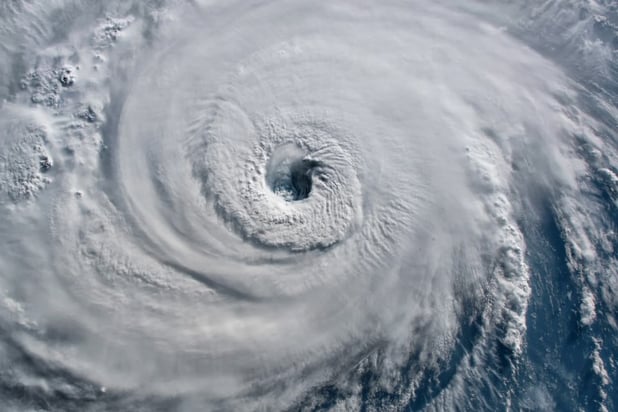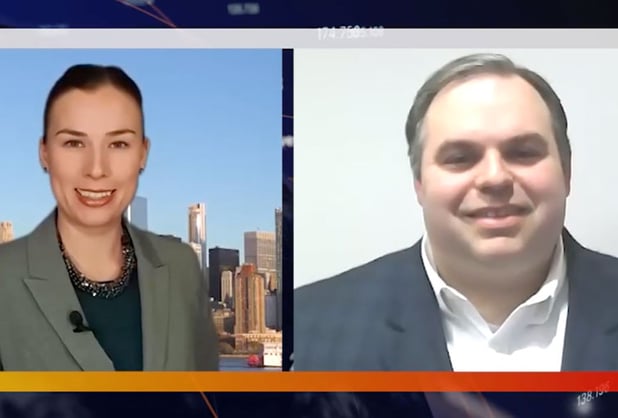- Home
- It's All About Community
- Chesapeake Bank Blog
- What is Private Mortgage Insurance (PMI) and is it required?

What is Private Mortgage Insurance (PMI) and is it required?
If you’re in the market to buy a home, you may have heard your lender or real estate agent mention Private Mortgage Insurance (PMI), a special type of coverage that may be required depending on your down payment amount. But, PMI isn’t just for first-time homebuyers. In fact, homeowners with less than 20 percent equity in their home are likely paying toward this type of coverage.
The mortgage lenders at Chesapeake Bank know that purchasing a home is a major investment. So, to help answer some of your questions about mortgages and insurance requirements, we’ve compiled a list of FAQs about PMI.
Private Mortgage Insurance FAQs
What is PMI and when is it required? Private Mortgage Insurance (PMI) is a special type of insurance policy on conventional loans that protects lenders against loss if a borrower defaults or stops making payments on their loan. PMI is required for conventional loans where borrowers make a down payment of less than 20 percent of the home’s purchase price or they refinance with less than 20 percent equity.
Does PMI benefit the homeowner in any way? One of the biggest benefits of PMI is that it makes it possible to buy a home with less than 20 percent down. This can help all homebuyers, especially first-time buyers, be able to purchase a home and expand their cash-flow options, like keeping cash on hand for other uses or in case of an emergency.
How is PMI typically paid? PMI is paid one of two ways:
- Monthly premium: This is the most common way to pay for PMI. The premium is added to your mortgage payment and becomes part of your escrow payment. Your lender then pays the PMI premium directly from your escrow account each year.
- One-time upfront premium: This premium gets paid at closing and becomes a part of your closing costs. Keep in mind, if you make an upfront payment then move or refinance, you may not be entitled to a refund of the premium paid.
How long do I have to have PMI? PMI is required until a borrower’s mortgage loan value drops to 78 percent, just below that 80 percent point. Once you’ve reached 78 percent, the lender must automatically cancel your PMI coverage.
Can I cancel my PMI at any time? No, but borrowers can request to cancel PMI when they have at least 20 percent equity in their home, meaning they have paid down the mortgage balance to 80 percent of the home’s original appraised value. If you decide to do that, be sure you have a positive, current payment history. It’s also advised that the request is in writing.
What are a few common ways to get rid of PMI? Which do you recommend?
- Refinancing: If your home’s value has increased enough, the lender will no longer require PMI.
- New appraisal amount: Borrowers can obtain a new appraisal to determine whether or not they meet the 20 percent equity threshold required to get rid of PMI. (A new appraisal typically costs $400-700.)
- Prepayment: Borrowers who want to get rid of their PMI can also make extra principal payments toward their loan. This will bring down the loan balance more quickly to help you reach the equity threshold required.
We recommend the prepayment option — if you have extra funds available and are able to allocate them toward this type of payment. Any extra principal payments made to the loan will bring down the remaining loan balance and help you reach the 78 percent threshold sooner. Also, the lower your loan balance (amount owed), the less interest you’ll pay in the long run.
How can I calculate the cost of PMI for my mortgage?
- Find the purchase price of the home.
- Determine the Loan-to-Value (LTV) ratio. This is calculated by taking the amount of money borrowed on the loan and dividing it by the value of the property. The higher the LTV, the more your PMI will cost.
- Determine the terms of the loan. The length of your loan will play a factor in the cost of PMI as shorter loans typically have lower rates.
- Determine the mortgage interest rate. The easiest way to figure out the rate is to use a rate calculator like this one.
How does PMI impact a non-conventional loan? The PMI requirements we’ve discussed so far are for conventional mortgage loans. If you have an FHA-insured loan, mortgage insurance premiums are required for the life of the loan and cannot be canceled. If you have an FHA-insured loan and want to get rid of PMI, borrowers are required to refinance their loan.
In the market for a new home or to refinance an existing mortgage? Chesapeake Bank is here to serve you. Get started by clicking the "Apply Now" button.
-
Categories
Posts by Topic
- Business (98)
- It's All About Community (73)
- Personal Finance (70)
- CFS News (49)
- Employees (46)
- Northern Neck (37)
- Middle Peninsula (34)
- Chesapeake Payment Systems (27)
- Richmond (26)
- Williamsburg (20)
- Fraud & Security (17)
- Home Buying (12)
- Chesapeake Wealth Management (11)
- Flexent (11)
- Customer Testimonials (7)
- COVID-19 (6)
- Chesterfield (5)


